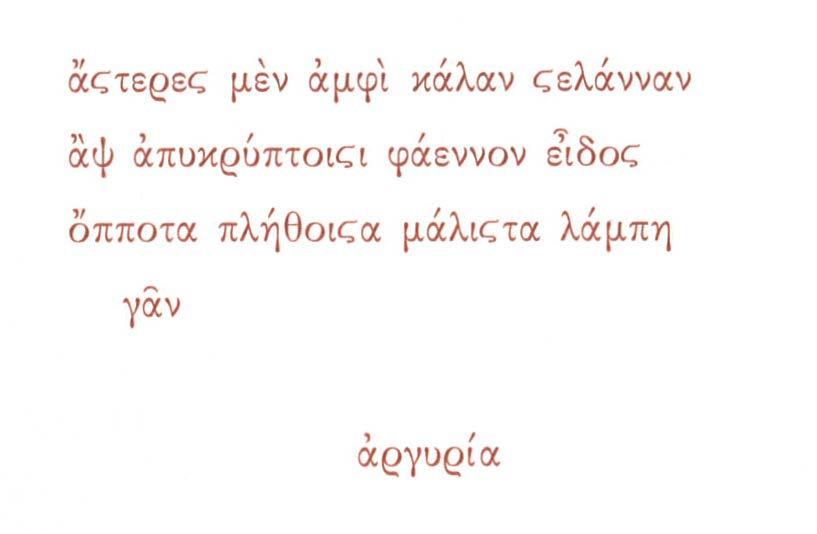My prime of youth is but a frost of cares,
My feast of joy is but a dish of pain,
My crop of corn is but a field of tares,
And all my good is but vain hope of gain.
The day is gone, and yet I saw no sun;
And now I live, and now my life is done.
The spring is past, and yet it hath not sprung.
The fruit is dead, and yet the leaves are green.
My youth is gone, and yet I am but young.
I saw the world, and yet I was not seen.
My thread is cut, and yet it was not spun;
And now I live, and now my life is done.
I sought my death, and found it in my womb.
I looked for life, and saw it was a shade.
I trod the earth, and knew it was my tomb;
And now I die, and now I am but made.
The glass is full, and now the glass is run;
And now I live, and now my life is done.
Source of the text - Sixteenth Century Poetry: An Annotated Anthology, edited by Gordon Braden. Oxford: Blackwell Publishing, 2005, page 407.
TJB: Come at the Queen, you best not miss. The poet, at the gallows, spits this little wonder, made of declarative paradoxes, caesurae, & easy rhymes.


